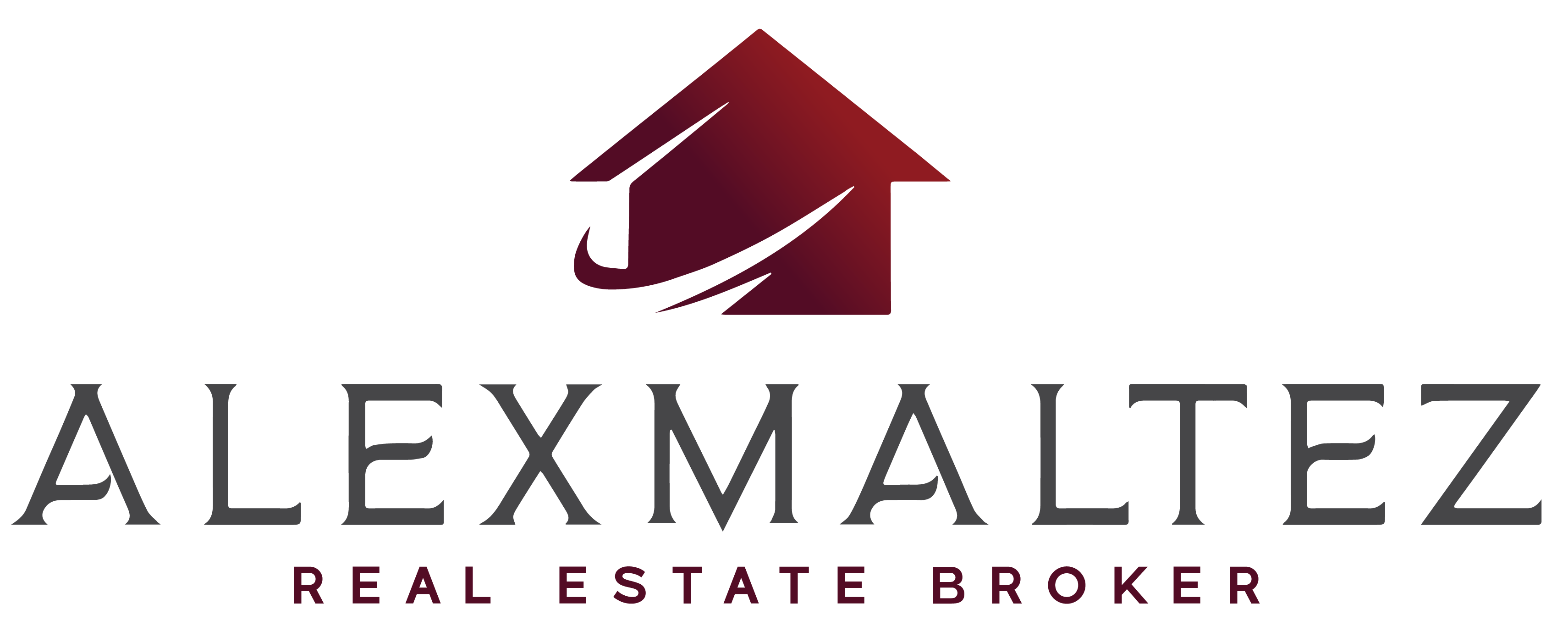A reverse mortgage is a loan that allows people age 62 and older to borrow against the equity in their home without having to make monthly mortgage payments. Reverse mortgages are a good option for people who want to keep their home, but cannot afford to make payments on a regular mortgage.
Do I Qualify for a Reverse Mortgage?
There are a few things you need to consider before applying for a reverse mortgage. First, you’ll need to be at least 62 years old. Second, your total monthly payments will need to be less than your monthly principal and interest payment on your regular mortgage. Finally, you’ll need to have a good credit score and enough equity in your home to cover the costs of the reverse mortgage.
How Does a Reverse Mortgage Work?
A reverse mortgage is a loan that is offered to homeowners over 55 years of age who have a down payment of at least 20% of the home’s purchase price. The reverse mortgage allows homeowners to borrow against the equity in their homes, with the loan serviced by the lender. The borrower pays interest and occasionally makes monthly payments, with the goal of eventually refinancing the loan and paying off the original loan.
How To Apply For A Reverse Mortgage?
When you’re ready to retire, there are a few things you need to know. One of which is that a reverse mortgage can be a great way to help you live comfortably in retirement. To apply for a reverse mortgage, you’ll first need to gather some information. This includes your income and assets, as well as your current debt levels. You’ll also need to provide information about your health and current housing situation. Once you have all of this information, you can begin the application process.
The Advantages of a Reverse Mortgage
A reverse mortgage is a type of home equity loan that allows homeowners over 55 to borrow against the equity in their homes. When the loan is repaid, the homeowner receives a cash payment, which can be used to cover expenses like taxes, insurance, and repairs.
Reverse mortgages have several advantages over traditional home equity loans. First, the interest rates are typically lower than those on traditional loans. Second, the loan term is typically shorter than a traditional loan, so you can use the money more quickly. Finally, reverse mortgages typically have less stringent requirements for creditworthiness than traditional home equity loans.
If you are considering a reverse mortgage, it is important to understand the terms and conditions of the loan. You should also need a down payment of at least 20% of the home’s purchase price. Finally, be sure to consult with a qualified lender to get the best deal on a reverse mortgage.
The Disadvantages of a Reverse Mortgage
There are several disadvantages of a reverse mortgage, including the fact that the interest rates are typically much higher than traditional mortgages, the loan term is typically much longer, and there is often a prepayment penalty.
Additionally, reverse mortgages are not eligible for some government assistance programs, such as Social Security benefits, which can be a major downside if you need assistance in retirement.
Conclusion
A reverse mortgage can be a great way for seniors to access the equity in their home. It is important to understand the pros and cons before deciding if a reverse mortgage is right for you. Want to find out if a reverse mortgage is right for you? Get in touch with the Alex Maltez Real Estate Group, we specialize in Reverse Mortgages and are happy to assist you!

Recent Comments